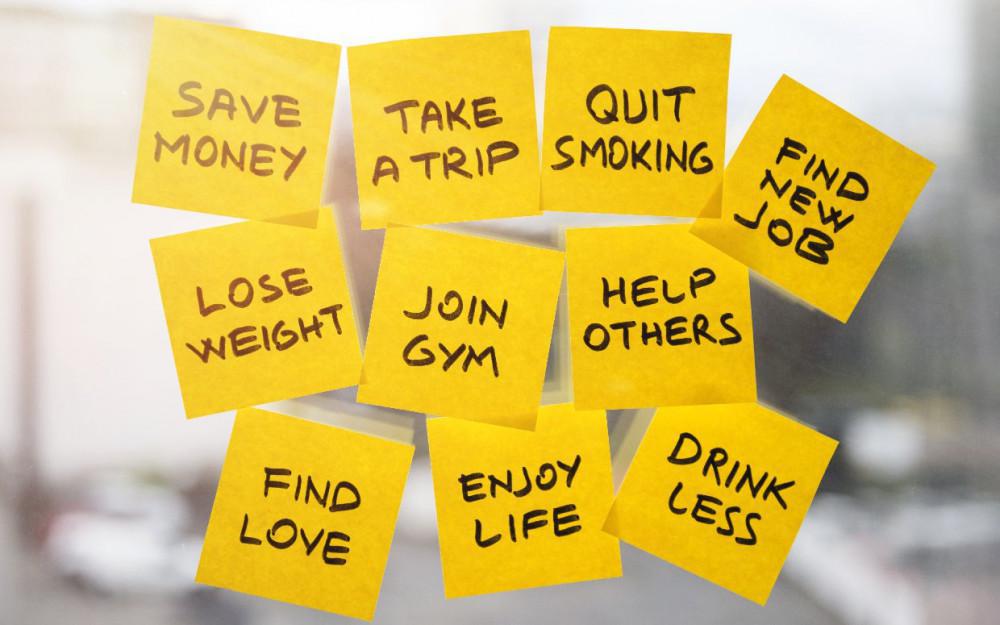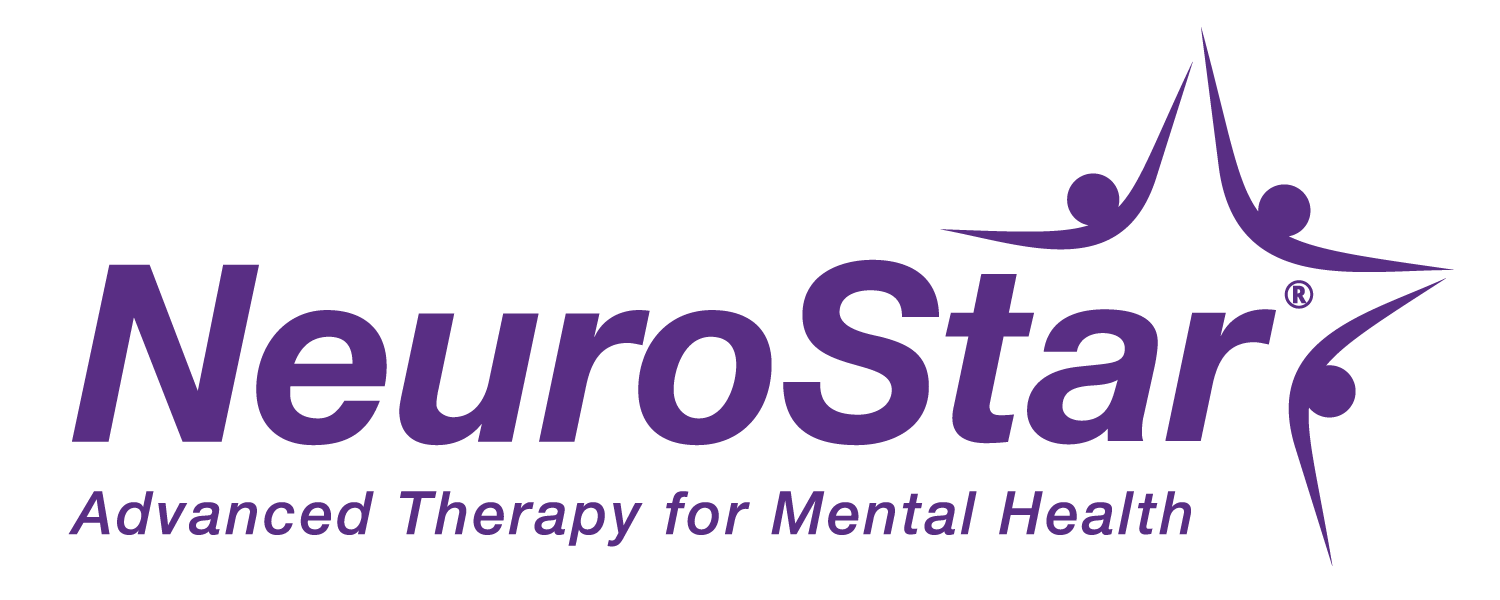NEW YEAR’S RESOLUTIONS – DO OR DON’T?
It’s a new year which means time for New Year’s Resolutions. We are all flooded with marketing strategies targeting our inner yearning for changing and improving ourselves or our situations. Gyms and Yoga Studios start peppering our emails with New Year’s deals because they know that at least 50% of us want to lose weight and have decided that 2019 will be our year! Our Facebook feeds are filled with sponsored ads for new and unique diets where we can eat all our favorite foods and still reach our goal weight. But have you stopped to think about whether New Year’s Resolutions are actually good for your mental health?
What’s the problem with setting goals for myself?
Well the problem is that most people do not attain their New Year’s Resolutions. How could that be? Is all of society incapable of follow-through? Are people choosing resolutions that are impossible to achieve? The answer to both of these questions is, not necessarily. So, if the resolutions people are setting are generally realistic and people do tend to make attempts at achieving them, why do we so frequently fall short of meeting our New Year’s Resolutions?
The answer lies in the concept of a “resolution” as well as our mindset when we make these year long plans. The definition of a Resolution is “a firm decision to do or not to do something.” But have you ever made a firm decision to do or not do something, and then you break the promise you made to yourself? How does it feel when you break a promise to yourself? Do you feel guilty? Do you feel ashamed? Do you decide to give up striving for that goal because you’ve already failed so what’s the point in trying again? Guilt, shame, hopelessness….these are very dangerous emotions. Chronic or prolonged experience of these negative emotions can lead to more serious mental health illnesses such as Generalized Anxiety Disorder and Major Depressive Disorder.
Goal setting – how to
The problem with New Year’s Resolutions is that people generally set goals that are vague, like travel more or read more books . Resolutions such as these are difficult to attain because they lack detail. Most people make resolutions that take a significant amount of time to complete, such as save money , pay off dept , or lose weight . Although these are all great goals to have, you have to consider the steps required to reach these goals. Take a look at this example of some of the steps or questions you’d have to consider in order to reach the resolutions just mentioned:
| Travel More | Read More Books | Save Money | Pay Off Debt | Lose Weight |
| Think about why you haven’t traveled as much as you want to. (work, kids, money…) |
Why didn’t you read as many books as you wanted to last year? (money, time…) |
How much money do you want to save? Specifically what number are you looking to achieve? $5 or $5,000? |
How much debt do you have, and how much have you paid on it so far? |
How much weight do you want to lose specifically? What’s your goal weight? |
|
If time or money were a hinderance last year, what will you do to make more time/money this year? |
How many books did you read last year? How many more books do you want to read this year? |
How can you save money? Do you eat out a lot, do you spend money on drugs or alcohol, do you buy a lot of shoes? |
Why do you have debt? Is it from spending too much on credit cards? Is it school loans or car payments? |
Why have you struggled with losing weight in the past? |
| Where do you want to go? Is this realistic? (If you want to go to Rome do you have the money to get there?) | Specify how many books you want to read a month, or a week (depending on your speed and love of books). |
How much money from each of your paychecks can you put aside in a savings account? |
Can you afford to pay more than the minimum amount due? |
What are you willing to do to lose the weight? Will you exercise daily? Will you stop eating Taco Bell? |
|
Start planning: if you need to fly, research what time of year is best (based on weather and travel costs). |
Shop for books. Go to Barnes & Nobles, shop on Amazon…. |
If a life event happens that causes unforeseen financial burden, adjust your goal to be realistic for your circumstances. | Where can you cut back so you can pay more on your dept each month? Can you eat out less or spend less money on alcohol or clothing? |
Choose realistic exercise and diet plans. If you do neither now, do not make a goal to run a mile a day and eat vegetarian. |
|
How much is it going to cost? Decide how much money you must set aside, per pay check. |
Decide when you’ll read and create a habit (before bed, first thing in the morning, Sundays…). | Decide what you’ll do if you end up with money you weren’t counting on (Visa gift card for your birthday, Bonus at work). Do you put this money towards your savings goal or do you spend it on something fun? There’s no shame in either choice. |
Make a decision of how much money you will take out of each pay check. |
Make minor adjustments over time. Review your current activity level and eating habits and make small adjustments monthly. Make plans ahead of time. Seek out travel opportunities and book them, put them on the calendar. |
|
Make plans ahead of time. Seek out travel opportunities and book them, put them on the calendar. |
If you are bored with a book you’ve chosen, pick another. There’s no shame in deciding a particular book isn’t for you. | Decide what you’ll do if you end up with money you weren’t counting on (Visa gift card for your birthday, Bonus at work). Do you put this money towards your savings goal or do you spend it on something fun? There’s no shame in either choice. | If a life event happens that causes unforeseen financial burden, adjust your goal to be realistic for your circumstances. | Be mindful of your health, there is such thing as working out too much or dieting incorrectly. Ideally you should consult a nutritionists or discuss with your doctor. |
| Put reminders in your calendar or post-its on your mirror that this is a goal you have so you won’t forget. | Put reminders in your calendar or post-its on your mirror that this is a goal you have so you won’t forget. | Put reminders in your calendar or post-its on your mirror that this is a goal you have so you won’t forget. |
If you decide to eat better, do not pick a drastic diet plan. https://health.usnews.com/health-new s/health-wellness/articles/2015/06/19 /what-happens-to-your-body-when-yo u-go-on-an-extreme-diet |
Another reason why people have difficulty reaching lofty goals such as saving more or eating less is that humans are creatures of habit. A habit is “a settled or regular tendency, especially one that is hard to give up.” So, although I may really really really want to lose weight, if I also have a habit of overeating or snacking before bed, can I truly just tell myself to stop and hope my cravings for more food will disappear instantly? Honestly I’ve tried, and if a bag of chips ends up in my cabinet I have a hard time saying no, in fact I usually avoid looking at it for weeks and then one fateful night I give in and eat the
whole dang thing! Another example: if I want to save money, but I also have a habit of going out for drinks every Friday night with my friends/coworkers, can I choose to stop going and follow through with that week after week, despite the peer pressure? If you are the type of person that can say no to salty foods and drinks with friends, then I applaud you for your will and restraint. But the truth is that most of us have a very difficult time saying no, consistently, to the things we crave and have a habit of doing.
Why is it such a big deal?
So, the problem is, when we set unattainable New Year’s Resolutions that involve things that are either not 100% in our control or involve us breaking a habit that’s been fortified over years and years, we are likely to fail. As mentioned earlier, failure causes us to feel negative emotions such as disappointment, anger, discouragement, defeated, ashamed, and many others. If these negative emotions are severe enough or last over time, a more serious mental health disorder could arise. Without treatment, such as talk therapy or medication management, these symptoms can worsen and begin to affect other aspects of our life (such as sleep, relationships, work, health…).
What can I do?
If you are wanting to make a New Year’s Resolution, decide to make small goals instead. Every time we reach a milestone, like another chapter in a book or another level of a video game, we feel proud, worthy, accomplished, content, and strong. These are emotions that foster health and connection, these are the emotions that will propel us forward. To make attainable milestone-like goals, follow this guide: be specific, be mindful of your reality, set small or short-term goals/milestones, reassess and readjust as life changes, and (most importantly) be kind to yourself and remember that it’s good to have goals but happiness is key.
**Remember! You cannot fully control your environment. All you can do is ask yourself to make a conscious decision to use your available resources to protect your social and emotional wellbeing.
Written By:
Gianna De Keles, MS
Education in Psychology and Human Development
Director of Operations at the Psychiatric Wellness Center


